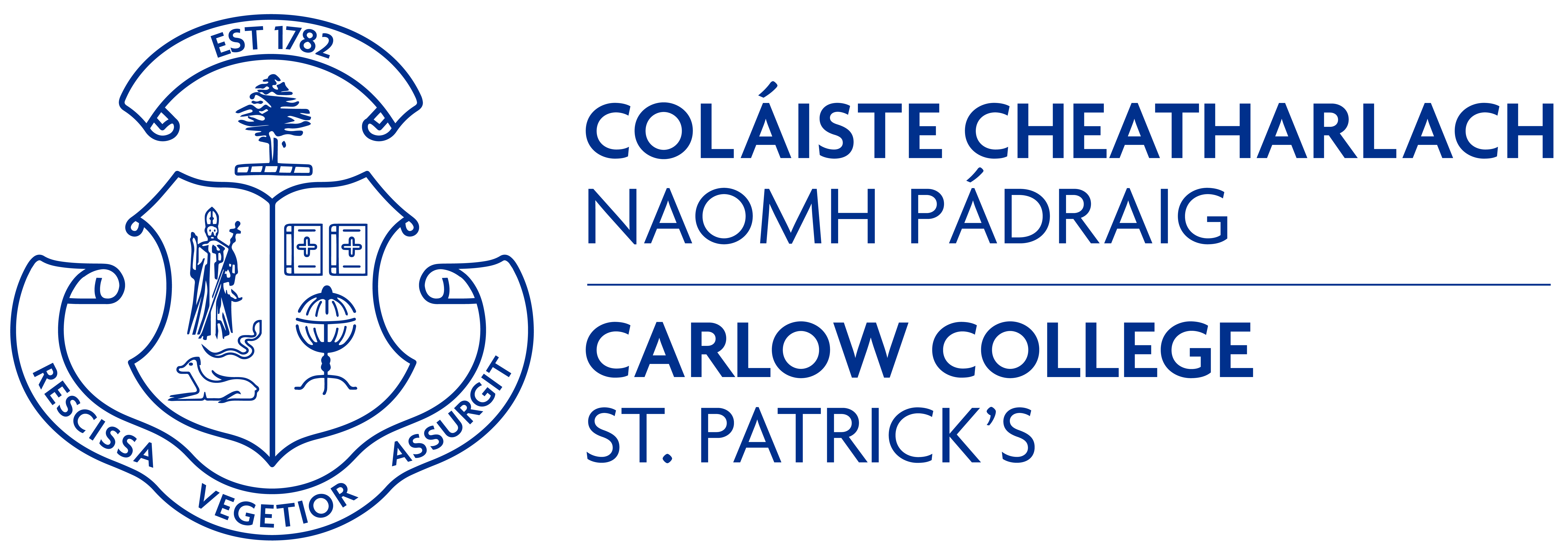The idea of creating a podcast series was something I had being flirting with during my doctoral studies; however, this was curtailed by the realities of such an undertaking, the main thing being time. For example, where would I find the time to learn the necessary skills to produce, edit, host, and market a podcast, along with carrying out my academic research and teaching duties?
This all changed in March 2020 when I found myself at the beginning of the ‘lockdown period’ on the family farm in Tipperary. My mum Sheila, a life coach, had been talking for a while about blogging and needed some assistance in setting it up. After a chat about the competitiveness of the blogging world, I suggested to her that she start podcasting instead, to which she replied, “can you help?”
I agreed and we knocked our heads together to come up with a format and a theme that would incorporate both of our knowledge and experience, namely, as a life coach and philosopher. However, after a little research I soon discovered that there are already plenty of philosophy and/or life coaching podcasts (or something similar), meaning there would be a lot of competition. The key then was to find a niche broad enough to allow for a decent following but also narrow enough to help the podcast stand out from the crowd. We came up with the idea of producing a podcast that would appeal to the Irish people and diaspora by discussing philosophy and life coaching topics through the lens of Irish history, culture, and traditions.
I had done something similar during my PhD research by applying phenomenological concepts to the phenomenon of twinship, and so the idea of applying philosophical ideas—particularly those coming from phenomenology and ethics—to Irish history, culture and traditions very much appealed to me.
By having to look at various different philosophers as well as new topics for examination, podcast research forces one out of the esoteric nature of academic research. It has been a worthwhile and enlightening venture so far, and it has given me the opportunity to draw on some classic and cutting edge philosophical research to explore topics such as the Irish wake and the keening tradition; the meitheal (the old cooperative labour system in Ireland); and the effects of adoption and emigration on Irish mothers in the nineteenth and twentieth centuries.
The other benefit of podcasting is it enables one to learn skills that they are unlikely to learn as an academic researcher but are desirable outside of academia. For example, along with learning how to host, produce and edit the podcast, I have thought myself how to become an effective digital and social marketer.
Thankfully, The Hut Near The Bog has been doing well. It has reached and maintained the number one spot for philosophy in the Apple Podcast Charts for Ireland and has placed in the top 15, 20 and 50 in countries such as Switzerland, the UEA, Britain, the USA, and Canada. In conclusion, I recommend podcasting to any academic researcher with a novel idea and with the time to execute it!
Dr James Hoctor is an Associate Fellow of the Higher Education Academy and co-creator of The Hut Near The Bog podcast. His doctoral research dealt with the intersection between philosophy of mind and phenomenology by exploring intersubjectivity in twins. He has presented his research at major international conferences such as the Society for Philosophy and Psychology (University of Michigan) and has been interviewed for ‘The Anthill,’ a podcast produced by the Conversation UK. Most recently, he has been nominated for the ‘University of Kent Postgraduate Research Award’ and has been given an ‘Above and Beyond Award’ for his contribution to teaching.

